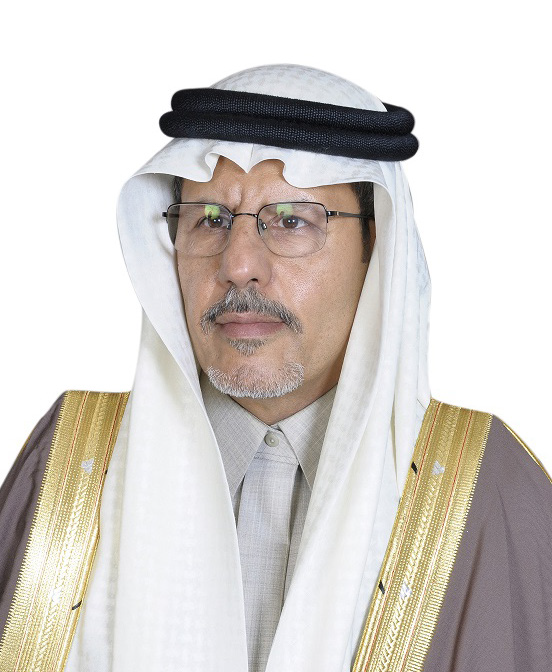The Gulf Cooperation Council (GCC) countries are increasingly being faced by the same challenges that western countries have faced in terms of how to balance the need to develop their economies while at the same time taking into account the impact of such developments on the environment and on communities and individuals; the classic concepts of “profit” vs. “planet” vs. “people” or balancing the Triple Bottom Line of “environmental”, “economic” and “social” sustainability. As the GCC countries develop their built environments – including commercial and noncommercial properties and their infrastructure; their industrial capacities – often through large-scale industrialization programs; and their agricultural capacities, there are sustainability issues to consider. The Triple Bottom Line elements to be considered are: environmental-sustainability issues such as waste, recycling, water usage, energy – including the use of renewables, and pollution – to name but a few; economicsustainability issues including employment opportunities for local people, education and training and engagement of business and individuals that make up the supply chains and finally, social-sustainability issues such as safety at work, working hours, equality and Sponsored by the Kuwait Foundation for the Advancement of Sciences (KFAS) 2 diversity, noise dust and pollution, traffic congestion, stakeholder engagement and community involvement in decision-making. Many of these issues are increasing in importance for the GCC. For example, in respect of environmental sustainability, some GCC countries are facing energy deficits and will be net importers of energy in the near future and hence are considering the use of more sustainable sources of energy such as renewables. In relation to economic sustainability, the Middle East region has one of the highest youth unemployment rates in the world and developing a skilled workforce and providing them with jobs presents a great challenge. Besides, the fact that the GCC countries are the largest recipients of temporary migrants in the world has implications for social sustainability in terms of the coherence and fabric of societies. In general, within the MENA region, the failure of countries to engage in sustainable development, with particular consideration of the social and economic impacts, was arguably one of the main contributors to the Arab Spring. For example, from an economic perspective, the MENA region suffered from an unequal distribution of wealth which is a direct result of the lack of clear sustainable development strategies. Similarly, from a social perspective, the failure to engage all parts of the community in the decision-making process and provide equal opportunities for all, again through a lack of strategic sustainable development, fuelled a sense of alienation and isolation which ultimately led to the Arab Spring.
3 DAYS / 12 Workshops
MORE THAN 300 ACADEMIC PAPERS
The aim of the workshop is to provide a forum for participants from both inside and outside the GCC to engage in a discussion and debate related to the key challenges the GCC faces in ensuring that development in their countries take place in a sustainable fashion. To date much of the research in the area of sustainability has been western-centric and there is a need to broaden our understanding of the subject to other contexts. By reviewing and discussing aspects of sustainability in the GCC countries, there is the potential to contribute to the expansion of Gulf Studies. Therefore this workshop will explore the sustainable development challenges that face the GCC and outcomes from the workshop will help decision-makers in both the public and the private sector organizations to better understand and develop appropriate policies and practices for sustainable development.


